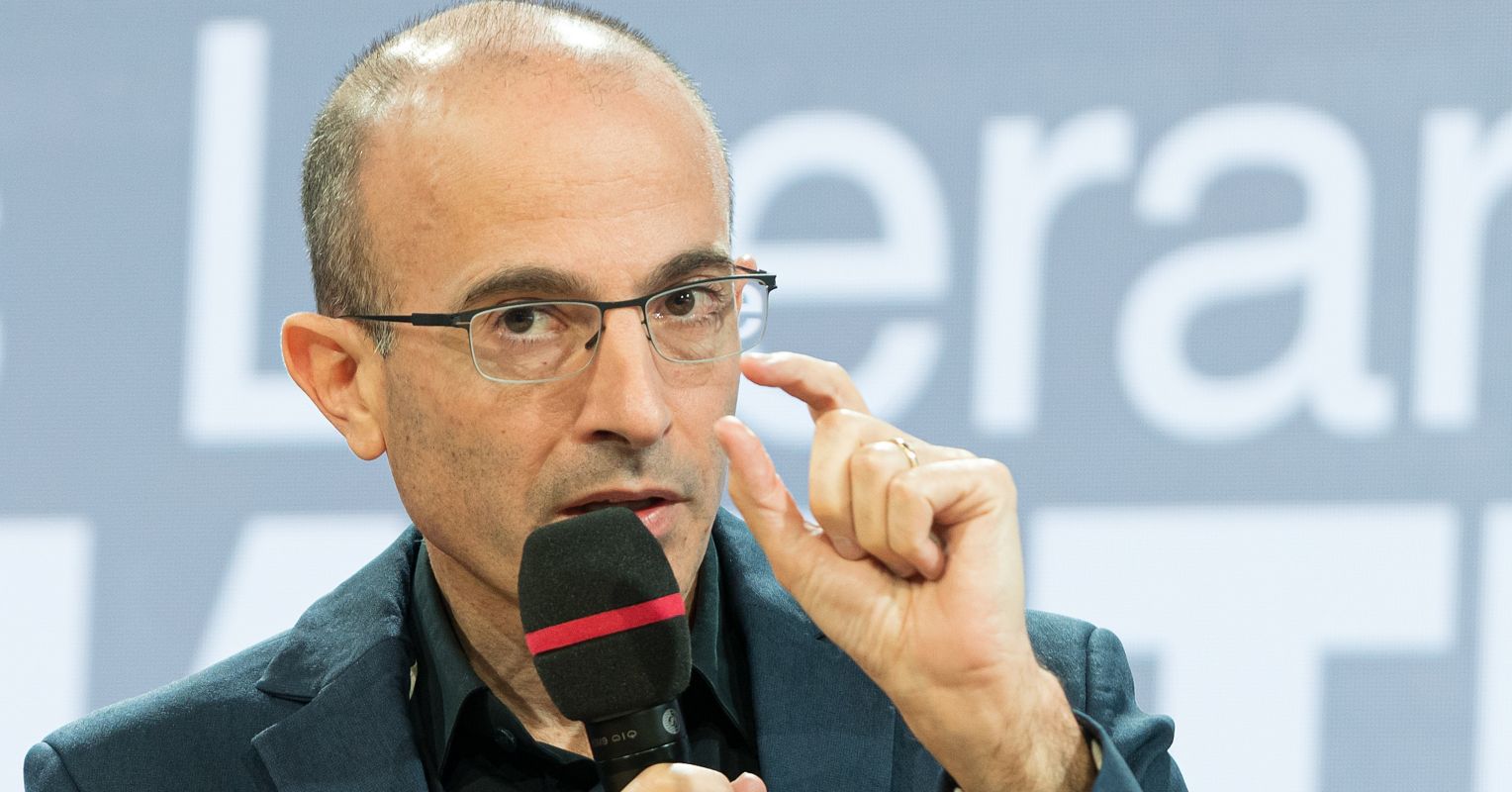
"Trust isn't forced, but emerges from autonomic states shaped by safety, connection, and co-regulation. Trust is a physiological state arising from shared experiences."
"When bodies lock into chronic patterns of protection, our tolerance for differences narrows. We become hypervigilant and hypersensitive to the uncertain and unfamiliar."
"Repairing trust requires restoring the body's natural capacity to signal and detect safety with others, moving beyond mere belief to felt experience."
"Trust is not a belief or decision. It's a physiological state that arises from shared expressions of safety between bodies occurring far below cognition."
Trust emerges as a physiological state stemming from experiences of safety and connection, shaped by autonomic responses. Chronic protection behaviors disrupt the neural rhythms necessary for trust, leading to hypervigilance and increased sensitivity to threats. Trust is not merely an ideological construct but a bodily experience rooted in rhythmic exchanges. Repairing trust involves restoring our ability to communicate safety at a physiological level rather than relying solely on conscious belief systems. Through co-regulation and shared experiences, trust can be rebuilt within individuals and communities.
Read at Psychology Today
Unable to calculate read time
Collection
[
|
...
]